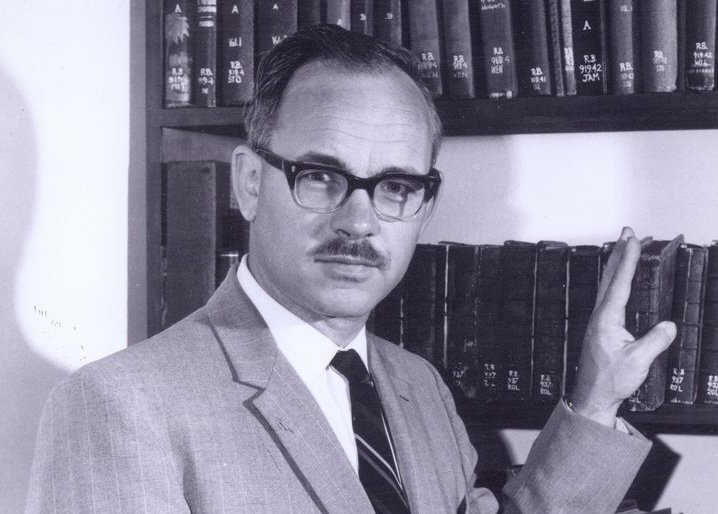Our Speaker for the 2023 Lecture
Samantha Floreani
Samantha Floreani works at the intersection of human rights, technology, and feminism. They are currently the Program Lead at Digital Rights Watch where they advocate for human rights as realised in the digital age. Their areas of interest include the impact of pervasive surveillance, privacy as a collective good, and how content moderation and censorship practices of digital platforms disproportionately harm some groups over others.
With several years of experience working in privacy in both public and private sectors as well as civil society, Samantha believes that an expansive and interdisciplinary approach to privacy is vital. They have previously worked as a Privacy and Technology Specialist with Salinger Privacy, and as a Senior Policy Analyst at the Office of the Victorian Information Commissioner. Samantha is also a former Board Member for the Australian Privacy Foundation.
Samantha’s interest in privacy and technology prompted them to pursue postgraduate studies in data science, where they developed a keen interest in fairness in machine learning. While studying, Samantha experienced first-hand the lack of gender representation in technical spaces. They joined Code Like a Girl as a volunteer, eager to support people from underrepresented groups navigating the tech industry. Samantha later became Code Like a Girl’s Program Director where she coordinated the program of community events, managed ongoing partnerships with the tech industry, and delivered coding workshops to adults and children.
Samantha is an experienced public speaker and has delivered talks for local, national, and international audiences across topics ranging from digital privacy, ethics in technology, gender socialisation and equality, and gender representation in the tech industry. They have also appeared on television and radio programs including the ABC, The Project, 9 News, SBS, 3CR, 3RRR, and 2SER. Their writing has been published in The Guardian, Overland, Kill Your Darlings, Pedestrian, Junkee and the Sydney Morning Herald, among others.
This Year’s Event
After a short hiatus caused by COVID-19 measures, the QCCL will be returning to providing catering at our events. Accordingly, we have had to reinstate a small fee for in-person tickets. However, our events will continue to be live-streamed at no cost for our supporters who are unable to make it in person.
If you wish to attend the live-stream, please register your interest by selecting an ‘online only’ ticket and a link will be sent to you.
About the Annual Derek Fielding Memorial Lecture
Fred Derek Osmond Fielding AM (14 August 1929 – 25 June 2014) was an Australian librarian and author. Born in Belfast, Northern Ireland, Fielding emigrated to New Zealand in 1958. In 1961, he took up the position of Librarian at the James Forsyth University Library at the University of Queensland, Brisbane, where, under his stewardship, the collection grew from 360,000 books to 1.5 million volumes.
He oversaw the building of three new library buildings in 1974, 1976 and 1990 as well as the establishment of the clinical library at the Royal Brisbane Hospital. A strong believer in civil liberties and social issues from his youth, he was committed to ensuring that the censorship of libraries, both academic and public, was discouraged. These efforts took on particular significance during the Premiership of Sir Joh Bjelke-Petersen when library funding in Queensland paled in comparison to other Australian States and Territories. He chaired the Library Association of Australia's Freedom to Read Committee from 1969-1974 and was President of the Queensland Council for Civil Liberties. His diplomatic efforts led to the University of Queensland permitting student protests on campus, including the all night sit-in in the Walter Harrison Law Library. He was also an observer for the QCCL during the 1971 Springboks Rugby Tour during apartheid protests. In 1996, he was made a member of the Order of Australia in recognition of service to higher education and librarianship, in particular through the University of Queensland and the Australian Advisory Council on Binliographical Services.
Since 2015, the Queensland Council for Civil Liberties has hosted an annual lecture in Derek’s honour.



